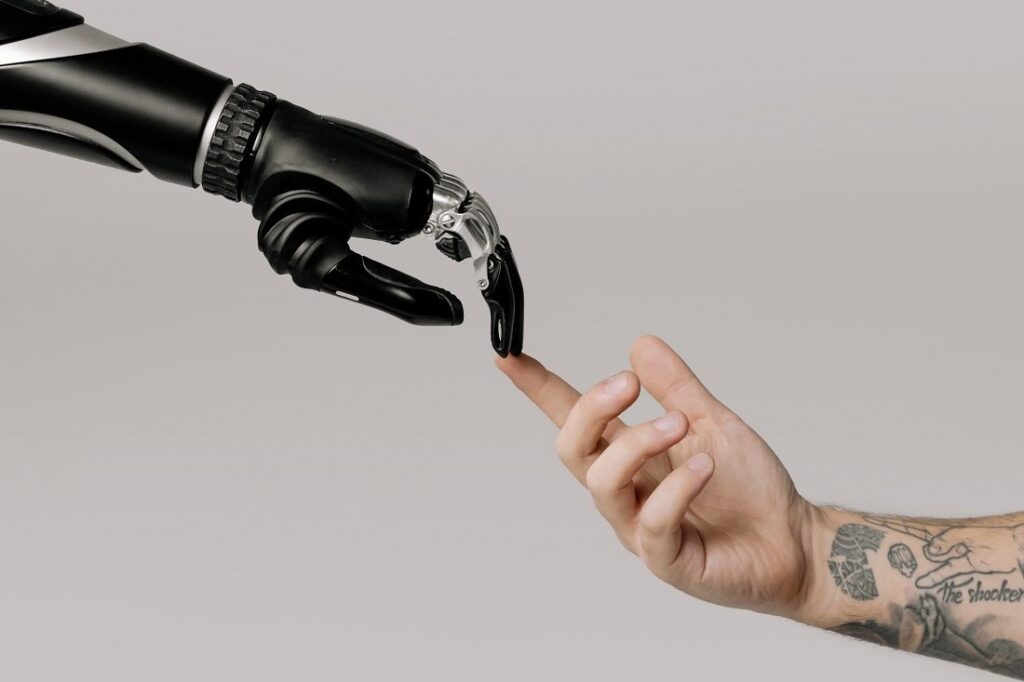
Artificial intelligence (AI) and machine learning (ML) have been transformative technologies in recent years, with the potential to revolutionize industries ranging from healthcare to finance. In the tech industry, these technologies are already having a significant impact on how businesses operate and the experiences they provide to consumers. From automation to personalized customer experiences and fraud detection, AI and ML have already changed the game in the tech industry. This article will explore the current and future impact of AI and ML in the tech industry, including the potential impact on businesses, consumers, and the workforce. So read on to learn more.
Current Impact of AI and ML in the Tech Industry
AI and ML have already revolutionized various applications in the tech industry; from replacing humans in mundane tasks to performing complex calculations and even writing codes, AI and ML can be seen everywhere. Some of the most common ways AI and ML are affecting the tech industries include:
Automation
AI and ML have made it possible for businesses to automate repetitive tasks, reduce errors, and increase efficiency. This has led to cost savings and increased productivity.
An example of the use of automation can be seen in customer service, in the form of chatbots powered by AI and ML that can handle routine inquiries, freeing up human agents to focus on issues that are more complex. Every major company is employing this technology and making their support system more efficient for their customers. One example of a company that has leveraged AI and ML to improve customer experiences is Windstream. Along with providing superfast Kinetic Internet service, the company uses AI-powered chatbots that can understand and respond to customer queries in real time, improving customer service and satisfaction.
Personalization
AI and ML have enabled businesses to provide personalized experiences to customers, which has led to increased engagement, loyalty, and satisfaction.
Online retailers such as Amazon use AI and ML algorithms to analyze customer data and recommend products tailored to individual preferences and purchase history.
Fraud Detection
AI and ML algorithms have improved fraud detection and prevention, reducing the risk of financial losses for businesses. Financial institutions such as banks use AI and ML algorithms to detect and prevent fraudulent activities such as credit card fraud and identity theft.
Cybersecurity
AI and ML can help businesses identify and prevent cyberattacks before they occur. This is particularly important given the increasing frequency and severity of cyberattacks in recent years. Cybersecurity companies such as Symantec use AI and ML to detect and prevent cyberattacks such as malware and phishing attempts.
Future Impact of AI and ML in the Tech Industry
The potential impact of AI and ML on the tech industry is enormous. According to a report by McKinsey, AI and ML could generate up to $2.6 trillion in value for the marketing and sales industry alone. Other industries that could benefit from AI and ML include healthcare, finance, and manufacturing.
Healthcare
AI and ML have the potential to transform healthcare by improving patient outcomes through personalized treatment plans, disease prediction, and early diagnosis.
Finance
AI and ML can help financial institutions automate processes such as fraud detection, risk assessment, and underwriting. This can lead to faster, more accurate decision-making and cost savings.
Manufacturing
AI and ML can help manufacturing companies optimize production processes, reduce waste, and improve quality control.
The Impact of AI and ML on the Workforce and Consumers
AI and ML have the potential to create new jobs and transform industries, but they also raise concerns about their impact on the workforce and consumers.
Workforce
AI and ML-powered automation could lead to job displacement, but they could also create new jobs in industries that leverage AI and ML technology.
Consumers
AI and ML can provide personalized experiences for consumers, but they also raise concerns about data privacy and security. Companies that use AI and ML must be transparent about how they collect and use consumer data to maintain trust and avoid potential legal issues.
Conclusion
AI and ML are transforming the tech industry, creating new opportunities for businesses and consumers. Tech giants are leveraging AI and ML to improve not only their efficiency but also provide improved customer service and engagement. While there are concerns about job displacement and data privacy, the potential benefits of AI and ML are enormous. Companies must prepare for the integration of AI and ML technology and adapt to the new reality to remain competitive in the tech industry.


